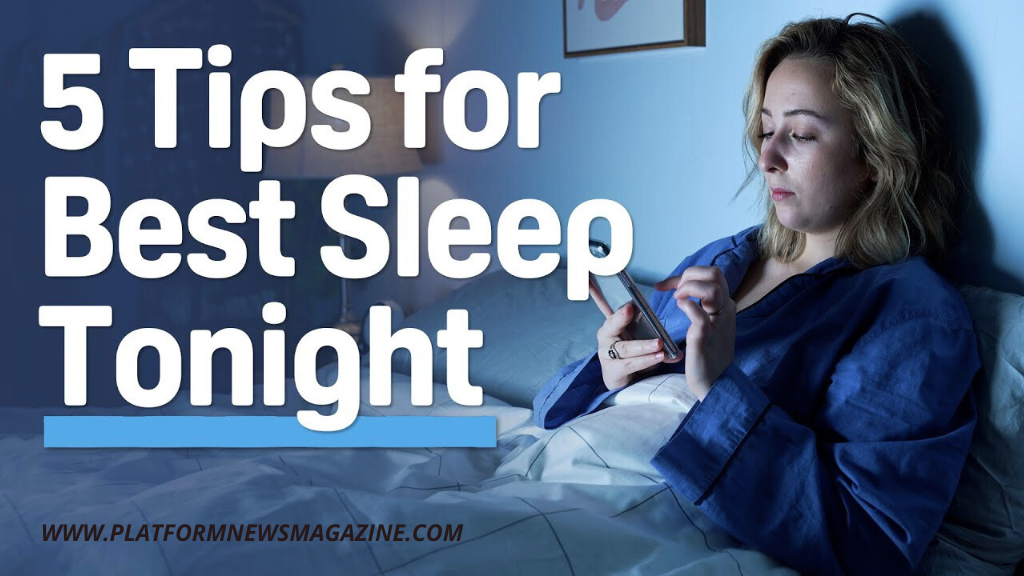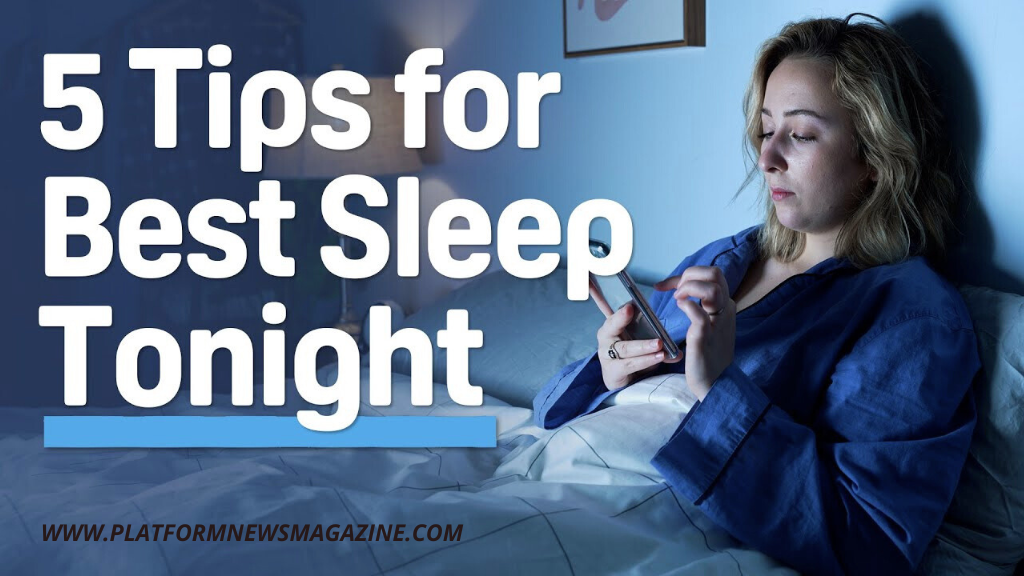
You’re staring at the ceiling. Again.
The clock ticks past 2:47 AM, and your mind? Racing. From tomorrow’s to-dos to that embarrassing thing you said five years ago, everything’s louder at night. If you’ve found yourself Googling “I can’t sleep, what should I do?” at ungodly hours, trust me, you’re not alone. I’ve been there, and I’ve tried everything from warm milk to midnight yoga stretches in my PJs.
But what actually works? What really helps you sleep when nothing seems to help?
In this post, we’re ditching the recycled advice and diving into lesser-known hacks, expert insights, and real-life experiences that helped me and many others finally reclaim the night.
Why Can’t I Sleep? (Spoiler: It’s Not Always Stress)
Before diving into the “do-this-now” list, let’s understand what’s really happening.
Common (and Uncommon) Culprits Behind Sleepless Nights
- Sleep procrastination (a.k.a. revenge bedtime procrastination): Yes, that endless scrolling on Insta is a rebellion against your packed day. Studies show people with hectic schedules delay sleep to reclaim “me time.”
- Artificial blue light overdose: You probably know about screens being bad before bed, but did you know your bathroom lights could be worse? That bright, cool-toned LED bulb tricks your brain into thinking it’s noon.
- Gut-brain axis disruptions: Your gut produces over 90% of your serotonin, which converts into melatonin (the sleep hormone). So, your junk food dinner may be wrecking more than your diet.
- Unprocessed emotions: Your brain’s filing cabinet goes wild at night. Unspoken frustrations, unresolved arguments, or even exciting news can spike nocturnal cortisol levels.
I Can’t Sleep, What Should I Do? Try These Science-Backed & Soul-Soothing Strategies
These aren’t your basic “drink herbal tea” suggestions. These are real, tested ideas that work even when your brain is doing cartwheels at 3 AM.
1. Try “Paradoxical Intention”—Trick” Your Brain into Sleeping
Pro tip from a sleep therapist I interviewed: “Try to stay awake instead of trying to sleep. This flips the pressure and reduces anxiety.”
It sounds counterintuitive, but research in cognitive behavioral therapy for insomnia (CBT-I) shows that trying to stay awake can reduce sleep performance anxiety. Just lie in bed with your eyes open and say, “I won’t fall asleep.” You might conk out faster than you expect.
2. Tap into Acupressure (No Needles Required)

One of my weird-but-effective discoveries: pressing the “Spirit Gate” point on your wrist (Heart 7). It’s a spot right below your pinky on the inner wrist.
Try this:
- Use your thumb to apply gentle pressure.
- Hold for 2–3 minutes while taking deep breaths.
It stimulates calming pathways and reduces heart rate —I’ve used it mid-panic attacks, and it works like magic.
3. Build a “Worry Window”—And” Stick to It
If your brain loves to spiral at night, schedule a 15-minute worry session during the day. Literally. Journal your fears and stress between 5 and 5:15 PM.
Why it works: Your brain gets used to “processing” problems earlier. Eventually, it stops throwing you curveballs at 1 AM.
Fun Fact: People who practiced this showed a 30% drop in nighttime rumination within two weeks (CBT-I case studies, 2022).
4. Regulate Your Nervous System—In Under 5 Minutes
Even if your mind is racing, calming your vagus nerve (your body’s chill-out switch) can help.
Vagus-Activating Techniques:
- Hum a tune or sing aloud — stimulates vocal cords and relaxes the nervous system.
- Splash your face with cold water — activates the mammalian dive reflex, slowing your heart rate.
- Try 4-7-8 breathing: Inhale 4 secs → Hold 7 secs → Exhale 8 secs. Repeat 4 times.
5. Ditch the Bed if You’re Awake >20 Minutes
This tip changed my life: the bed is only for sleep.
If you’re tossing and turning for more than 20 minutes:
- Get up.
- Sit somewhere dimly lit.
- Read something boring (think: instruction manuals, not thrillers).
- Return to bed only when sleepy.
This helps retrain your brain to associate bed with sleep — not frustration.
Bonus Hacks Most People Don’t Talk About
Magnesium lotion > supplements
Magnesium helps regulate melatonin, but pills can upset your stomach. A topical magnesium lotion works faster and avoids digestive side effects.
Use binaural beats (not white noise).
Binaural beats at 4 Hz (theta) and 2 Hz (delta) have been shown to support deep non-REM sleep. Search YouTube or Spotify for “delta binaural sleep music.”
Smell this: vetiver essential oil.
Vetiver oil is lesser-known than lavender but has deeper sedative properties. I use it on my pillow — even better than melatonin in some cases.
Okay, but when should I worry?
If sleeplessness is chronic (3+ nights a week for over 3 months), it could be insomnia disorder. It’s not “just in your head.” A certified sleep specialist or therapist trained in CBT-I (Cognitive Behavioral Therapy for Insomnia) can often help without meds.
Also, consider medical checks if:
- You snore loudly (possible sleep apnea).
- You wake gasping or with a racing heart.
- You’re excessively sleepy during the day.
Let’s Talk: What Helps You Sleep?
Sleep isn’t one-size-fits-all. What works for me might not work for you — but experimenting is the key.
So tell me in the comments:
Have you tried any of these tips? What’s your weirdest, most effective sleep trick?
And if you’re lying in bed reading this at 3 AM… Turn down your screen brightness, try that 4-7-8 breath, and remember: you’re not broken — your body just needs some gentle rewiring.